Max Weber was one of the founders of modern sociology. He was born on April 21, 1864 in the city of Erfurt, in Germany. His father was an important liberal politician and his mother was a devout Calvinist. While studying law, Weber developed a passion for philosophy, politics and history. In 1894, he began to teach at the University of Freiburg, becoming a professor in Heidelberg two years later. At the time, he focused his studies on Germany’s economic history. However, Weber is best known for helping make sociology an independent field separate from natural science. He abandoned Positivism, which attempted to investigate every aspect of the world, including society, using the tools of empirical science. Positivism tried to explain relationships between individuals, along with their social behavior, in terms of general laws.
Weber claimed that sociology could not study the processes of history and society in general terms, but had to focus on specific cases. He saw the world of human actions as chaotic, complex and fragmented, leaving scientists unable to explain it in its entirety. Weber thought they had to study particular phenomena, relying on their judgment to choose the right ones to focus on. Hard times began for Weber in August 1897. Following the death of his father, he underwent a series of nervous breakdowns and had to stop teaching for several years. 1904 saw the publication of his best-known work, The Protestant Ethic and the Spirit of Capitalism. Weber applied his method of sociological investigation to study a particular aspect of society in Northern Europe and the US, namely the contribution Protestanism had made to the development of capitalism. The study dealt primarily with the Calvinist branch of the faith.
Calvinists valued devotion to work as a fundamental aspect of their religion. Believers judged whether or not God favored them based on their professional success and wealth. Weber identified the strong work ethic and religious legitimization of wealth prevalent within Calvinism as primary causes of capitalism’s great development in Protestant countries. He concluded that cultural factors such as religion could play a key role in society’s development. This view directly opposed the theories of his contemporary Karl Marx, who wrote that economic systems were the true force behind human history, while culture played a subordinate role. Over the following years, Weber gained distinction in Germany. At the end of World War One, politicians called on him to help write the country’s new constitution. Weber died of pneumonia on June 14, 1920 in Munich. He was 56.
Weber claimed that sociology could not study the processes of history and society in general terms, but had to focus on specific cases. He saw the world of human actions as chaotic, complex and fragmented, leaving scientists unable to explain it in its entirety. Weber thought they had to study particular phenomena, relying on their judgment to choose the right ones to focus on. Hard times began for Weber in August 1897. Following the death of his father, he underwent a series of nervous breakdowns and had to stop teaching for several years. 1904 saw the publication of his best-known work, The Protestant Ethic and the Spirit of Capitalism. Weber applied his method of sociological investigation to study a particular aspect of society in Northern Europe and the US, namely the contribution Protestanism had made to the development of capitalism. The study dealt primarily with the Calvinist branch of the faith.
Calvinists valued devotion to work as a fundamental aspect of their religion. Believers judged whether or not God favored them based on their professional success and wealth. Weber identified the strong work ethic and religious legitimization of wealth prevalent within Calvinism as primary causes of capitalism’s great development in Protestant countries. He concluded that cultural factors such as religion could play a key role in society’s development. This view directly opposed the theories of his contemporary Karl Marx, who wrote that economic systems were the true force behind human history, while culture played a subordinate role. Over the following years, Weber gained distinction in Germany. At the end of World War One, politicians called on him to help write the country’s new constitution. Weber died of pneumonia on June 14, 1920 in Munich. He was 56.
RELATED
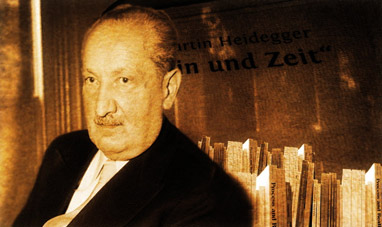

MARTIN HEIDEGGER
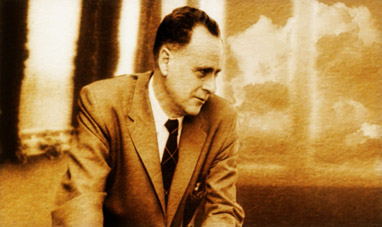

MARSHALL MCLUHAN
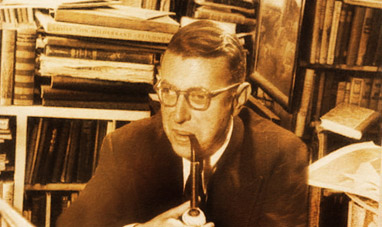

JEAN PAUL SARTRE
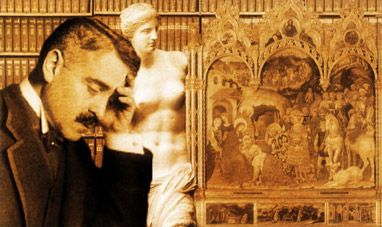

ABY WARBURG
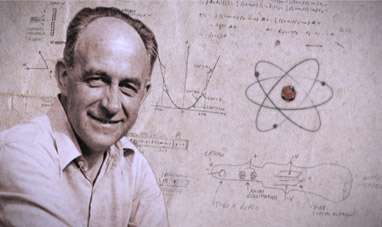

ENRICO FERMI
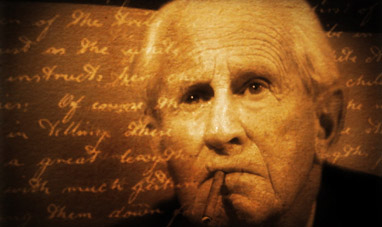

HERBERT MARCUSE
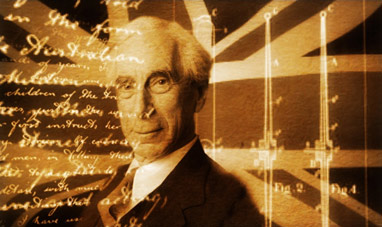

BERTRAND RUSSEL
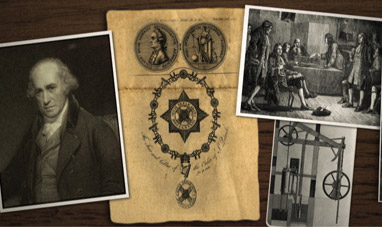

JAMES WATT
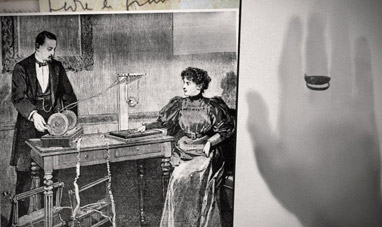

WILHELM RÖNTGEN
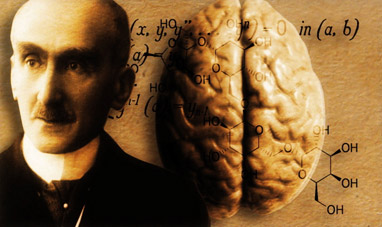

HENRI BERGSON
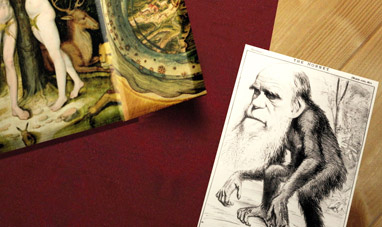

CHARLES DARWIN


CHRISTIAAN HUYGENS


JOHANNES KEPLER
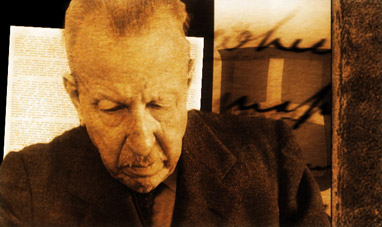

BENEDETTO CROCE
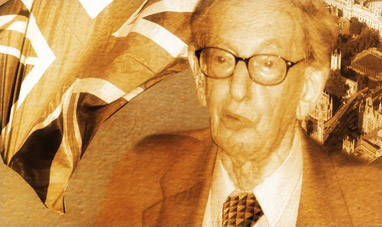

ERIC HOBSBAWM


MOTHER TERESA OF CALCUTTA


BENJAMIN FRANKLIN
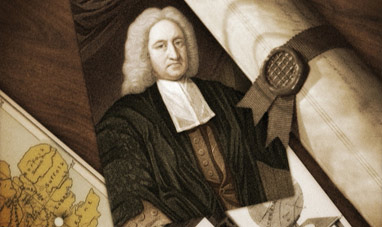

EDMUND HALLEY
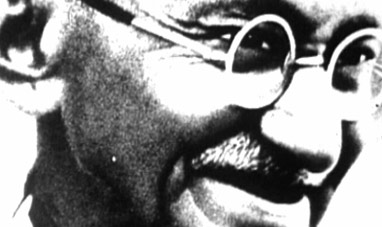

GANDHI
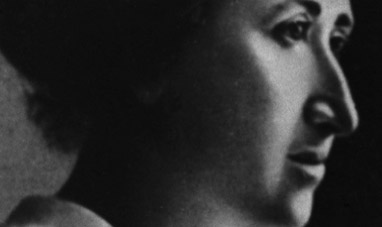

ROSA LUXEMBURG


THE LUMIÈRE BROTHERS
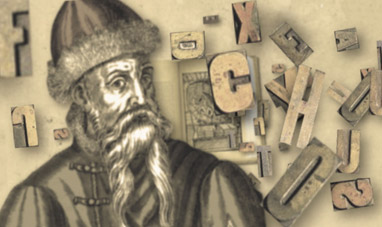

JOHANNES GUTENBERG


EDMUND GUSTAV ALBRECHT HUSSERL


NICOLAUS COPERNICUS
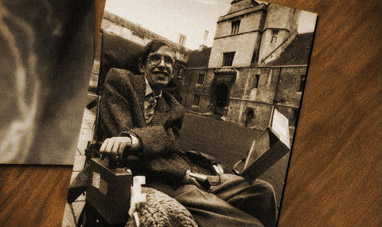

STEPHEN HAWKING


LEONARDO DA VINCI


LUDWIG WITTGENSTEIN


CARL ROGERS
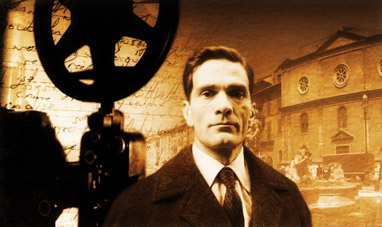

PIER PAOLO PASOLINI
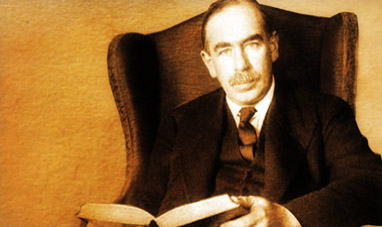

JOHN MAYNARD KEYNES


GALEN
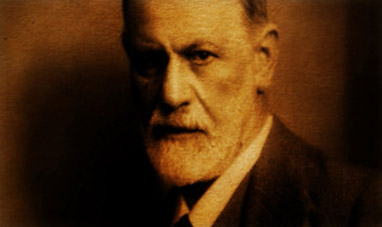

SIGMUND FREUD


WILHELM HERSCHEL


KARL LIEBKNECHT
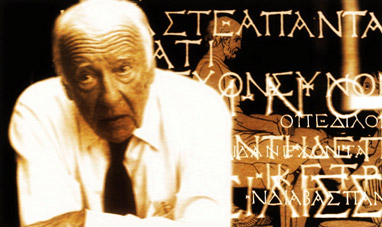

HANS GEORG GADAMER


WORLD WAR I
